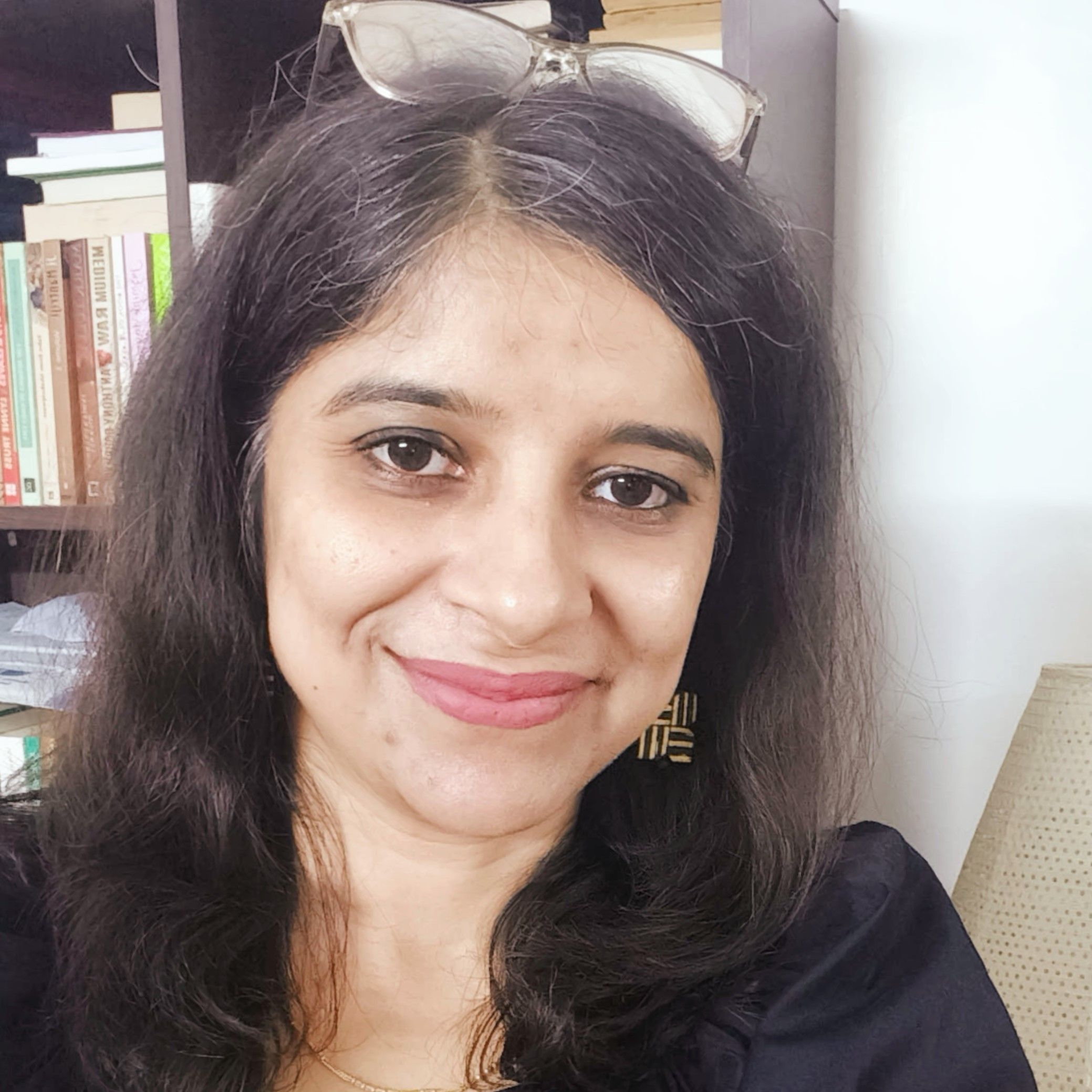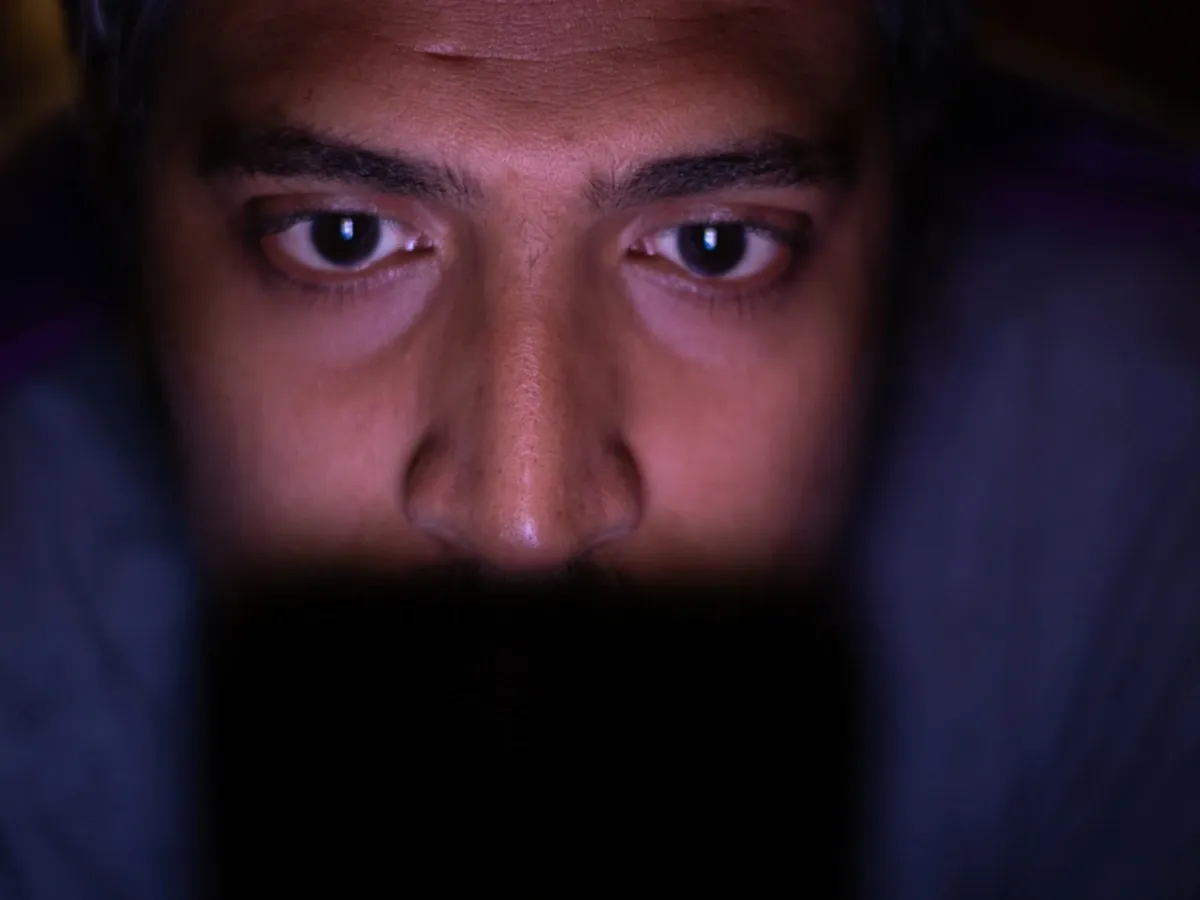Upstox Originals
Hidden risks of digital addiction: How social media usage is fueling a mental-health crisis

5 min read | Updated on October 10, 2025, 18:28 IST
SUMMARY
Social media addiction is increasing among the younger generation with many children indulging in ‘problematic use’. This unhealthy usage is leading to rising cases of anxiety and depression among children. Further, tragic instances of cyber bullying have compounded the problem. While some countries are looking to ban social media for children, experts are also advocating for digital literacy, parental guidance and holding tech companies accountable. Where does the solution lie?

According to WHO, 11% of 11-15 year olds showed ‘problematic’ social media use | Image: Shutterstock
A 16-year-old make-up artist from Ujjain, Madhya Pradesh, died by suicide in 2023. He was struggling with extreme cyber bullying after he posted a video of himself in a saree for Diwali. The post was met with thousands of homophobic, hate-filled comments, which advocacy groups, family and friends say led to his suicide.
In June 2014, a 17-year-old girl in Kolkata killed herself after her acquaintances created a fake Facebook profile using her name and posted morphed pictures of her along with her phone number. Devastated by the resulting online defamation, the girl took her life, leaving behind a six-page suicide note.
These are just two of several such incidents involving self-harm. There is a lot of research that has shown how social networking sites can harm the mental health of children and adolescents. A 2022 study by the World Health Organisation (WHO) that surveyed children from 44 countries found that 11% of 11-15 year olds showed ‘problematic’ social media use, an increase from 7% in 2018.
What exactly does this ‘problematic’ behaviour refer to? It is when children are unable to manage their time online, feel compelled to continue even when it disrupts their routine and start displaying behaviour similar to addiction. Research suggests that increased use of social media can lead to depression, loneliness, anxiety, academic struggles, body image issues and sleep deprivation.
Social media curbs
Seeing the gravity of the problem, some countries are taking firm steps to tackle it. Australia has become the first country to ban social media for children under 16 years of age. It passed a legislation in 2024 asking sites to implement age verification measures or face fines. Social media firms face fines up to A$49.5 million (around $32.2 million) if they fail to comply with the law. After TikTok, Instagram and Facebook, YouTube has also joined the networks that have been banned for children in the country.
In 2018, Belgium enacted a law which requires children to be at least 13 years of age to create a social media account without parental permission.
In Italy, children under the age of 14 need parental consent to sign up for social media accounts, while no consent is required from that age upwards.
In 2023, France passed a law that required social platforms to obtain parental consent for minors under 15 to create accounts. However, local media outlets say the law has not yet been enforced due to technical challenges.
After Australia’s regulatory move, New Zealand is also pushing for legislation that would ban children under 16 from accessing social media. The proposed law seeks to force social media companies to verify their users’ ages, failing which the platforms could face steep penalties. The bill has the backing of Prime Minister Christopher Luxon who has shown interest in accepting it as a government bill.
In the European Union, consent of parents is required for the processing of personal data for children under the age of 16, though the 27 member states can lower that limit to 13.
In India, the law has not banned children below 18 from accessing social media but verifiable parental consent is needed to process their personal data, according to the draft rules for the Digital Personal Data Protection or the DPDP Act of 2023. However, age-gating (restricting a user's access to a website, app, or content by prompting them to confirm their age) has not yet been implemented in India.
Will the laws make a difference?
As governments across the globe rush to curb children's access to social media platforms, big tech companies like Meta and Google are on high alert. NetChoice, a group representing these companies, argues that these proposed laws restrict free speech and burden the tech giants. Many of these laws have run into roadblocks in courts while lawmakers and tech companies battle it out.
Interestingly, as mindsets shift, lawmakers are also taking cognisance of the risks social media can pose to young, impressionable minds. They are starting to recognise the value of meaningful protection. But what they also understand is that teenagers can find ways to circumvent any restrictions that are implemented.
Stringent bans have been imposed selectively on social networks in countries for political and other reasons but it’s the long-term and short-term impact on children’s minds that has parents worried.
Don’t worry, play your part
Dr Hans Henri P Kluge, the WHO's regional director for Europe, said more "digital literacy education" is needed to help the young inculcate a healthy approach to being online. He believes governments, health authorities, teachers, parents and guardians all have to play their part.
Indian mental health professionals stress that parents must establish non-judgmental boundaries. They need to set up ‘tech-free’ zones, ‘digital fasting’, and ‘digital detox’ times. They need to monitor online activities without being preachy. Compulsory online safety education must be integrated in the curriculum in schools. Tech companies, on their part, must incorporate safer design features and stronger age checks.
It’s a combination of steps that would lead to a safe online environment for young minds.
By signing up you agree to Upstox’s Terms & Conditions
About The Author
Next Story
